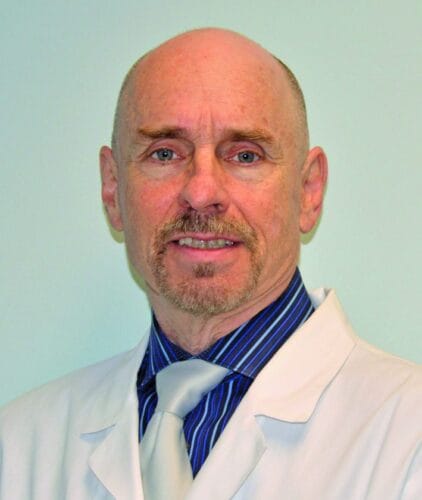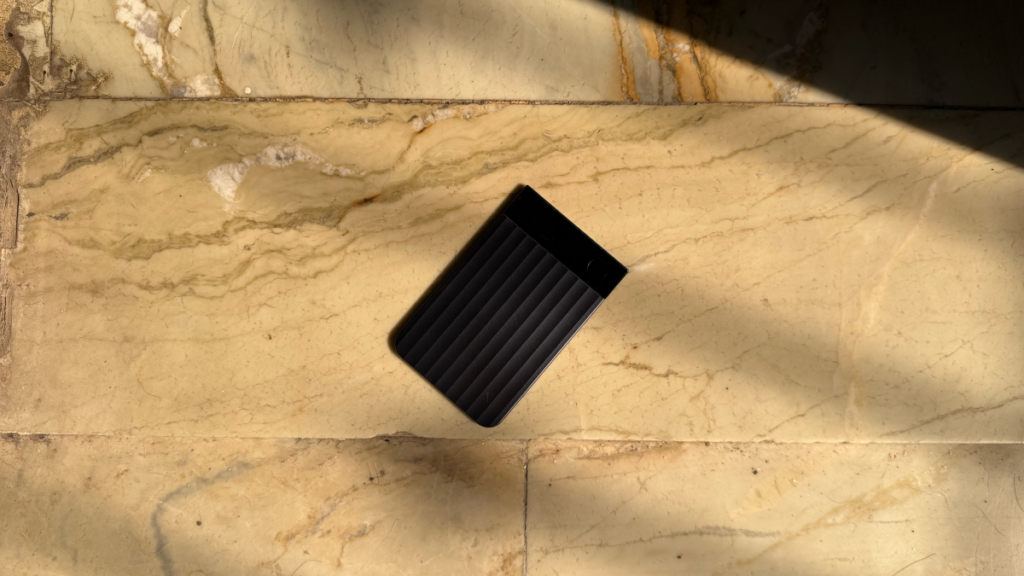The Future of Healthcare: Remote Patient Monitoring Technologies
In today’s rapidly advancing world, technology has revolutionized healthcare, bringing futuristic concepts into reality. From artificial limbs controlled by thoughts to genetically modified pigs for organ transplants, and self-driving cars, innovative breakthroughs are reshaping our lives. One area at the forefront of this technological revolution is remote patient monitoring (RPM), paving the way for a new era of personalized healthcare.
Revolutionizing Healthcare with RPM
RPM encompasses the use of mobile medical devices to gather specific health information about a patient, which is then transmitted to healthcare providers for real-time monitoring. These devices can track vital signs like heart rate, blood pressure, weight changes, breathing patterns, and sleep cycles, making them invaluable tools for managing chronic conditions and improving overall health outcomes.
Smart technologies, such as Bluetooth-enabled scales and blood pressure monitors, are becoming increasingly prevalent in households, offering continuous monitoring of vital health indicators. This 24/7 surveillance allows for early detection of health issues, enhancing preventive care and reducing the need for frequent visits to medical facilities.
Innovative Applications of RPM
One remarkable application of RPM is the development of a temperature sensing mat for individuals with diabetes and diabetic foot ulcers. These ulcers, a significant cause of hospitalizations among diabetics, can be detected early through changes in skin temperature, alerting both patients and healthcare providers for timely interventions.
Moreover, wearable sensors on the ankle enable remote monitoring of exercise programs, empowering physicians to track patient progress and adherence to prescribed activities. Additionally, devices designed to prevent falls in high-risk individuals offer a lifeline for independent living, alerting caregivers in case of emergencies.
Challenges and Considerations
While the benefits of RPM are undeniable, concerns exist regarding data privacy, accuracy, and affordability. The sensitive nature of health information underscores the need for stringent security measures to prevent unauthorized access. Moreover, the cost of monitoring devices can pose barriers to widespread adoption, with issues of reimbursement and accessibility needing to be addressed.
Looking ahead, the field of biotechnology is pushing boundaries with implantable monitoring devices, potentially transforming healthcare delivery. Despite the ethical and logistical challenges posed by such advancements, the possibilities for enhanced healthcare outcomes are immense.
Conclusion
As technology continues to evolve, the integration of RPM tools into routine healthcare practices holds great promise for improving patient outcomes and enhancing quality of life. By harnessing the power of remote monitoring, we are ushering in a new era of personalized and proactive healthcare, where machines complement the human touch in promoting wellness and preventing illness.
Dr. Conway McLean, a leading expert in lower leg, ankle, and foot care, champions the transformative potential of RPM in modern healthcare. With offices in L’Anse and Marquette, Dr. McLean is dedicated to leveraging innovative technologies for the benefit of his patients.



